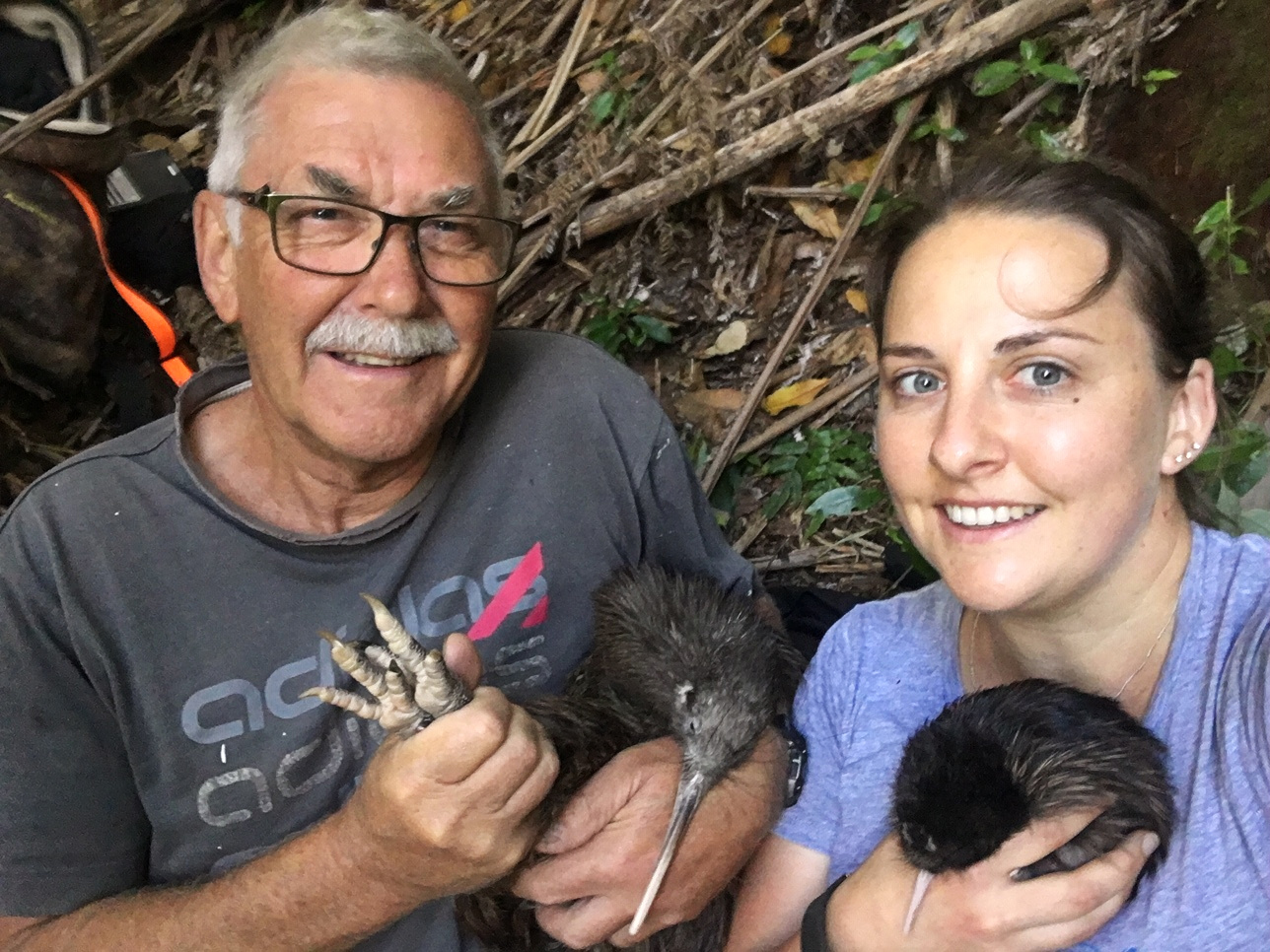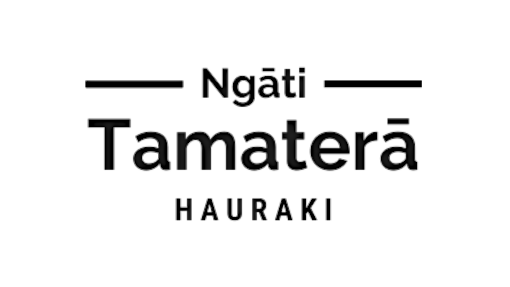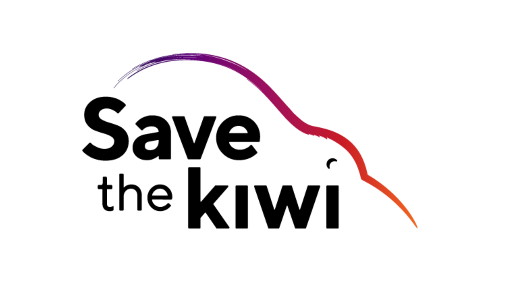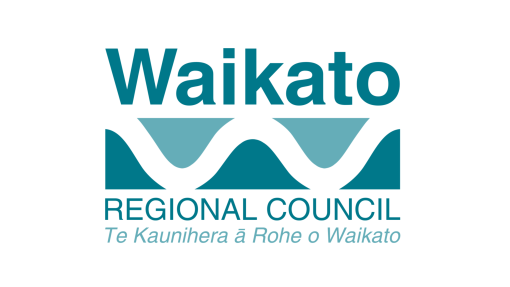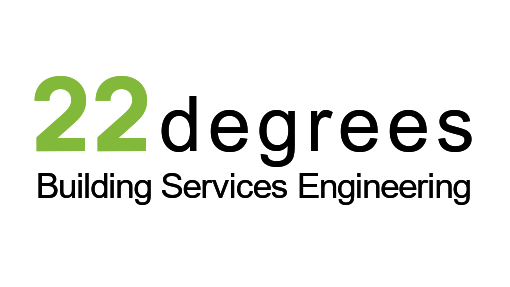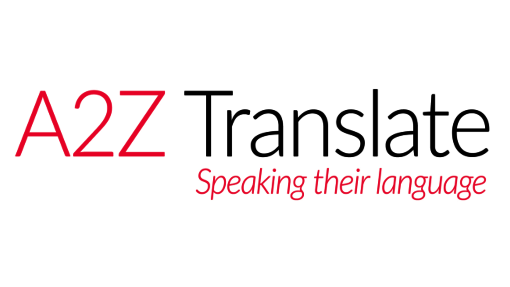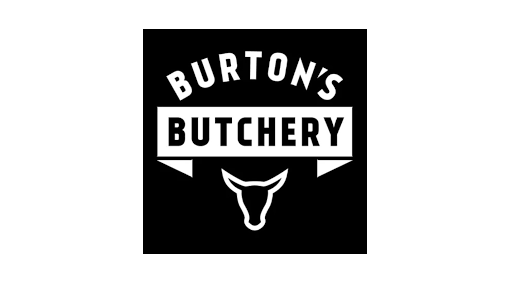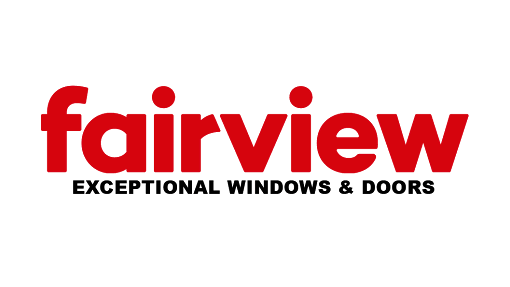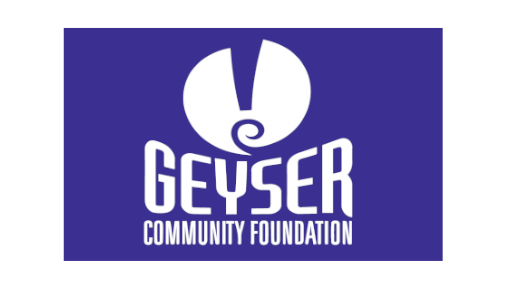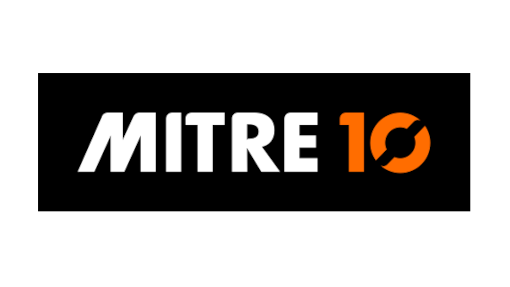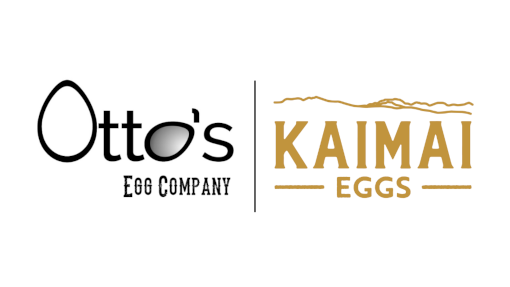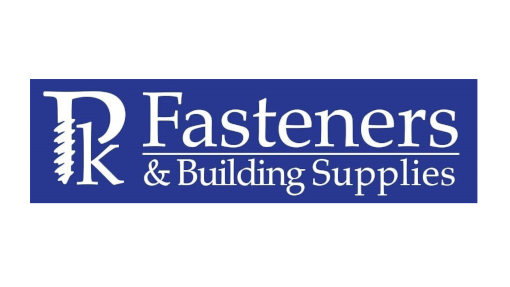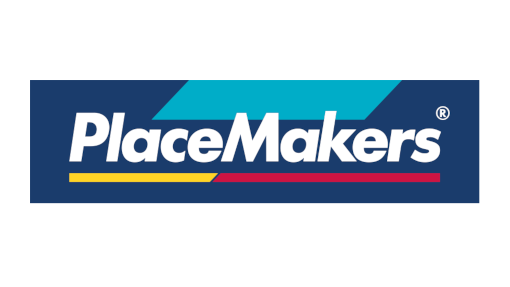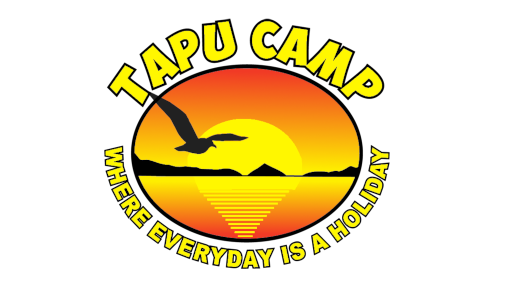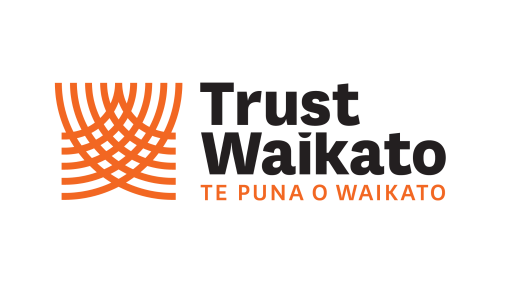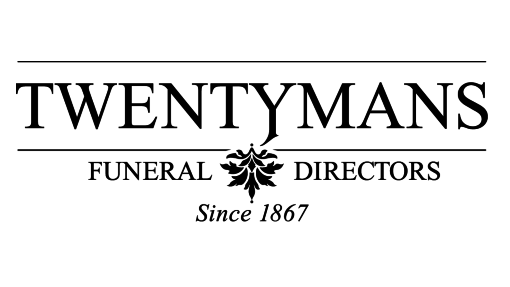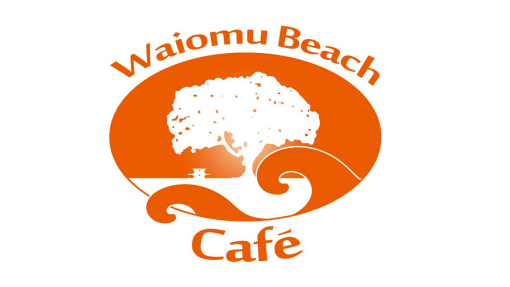Thames Coast Kiwi Care is a long term community driven project which has the support of mana whenua Ngāti Tamaterā. Our primary goal is to help wild kiwi and other native species thrive by engaging the community to protect and enhance the kiwi population and the precious habitat.
TCKC was set up by the Thames Coast Protection Society in 2006, with support from the Department of Conservation Te Papa Atawhai, Ngāti Tamaterā, and local landowners.
TCKC is almost entirely volunteer run. We have a dedicated crew of volunteer trappers and supporters and a governance committee. We welcome new members and volunteers and appreciate the support of our partners and sponsors.
Why is this work necessary?
Kiwi in the Coromandel are seriously declining in places where predators are not controlled. Kiwi surveyed south of the Kopu-Hikuai Rd area in the 1990s were not found in surveys in the early 2000’s. The worst kiwi predators are ferrets and stoats, but weasels and feral cats also pose huge problems.
Our mahi is contributing to the nationwide mobilization to reverse the 2% annual decline in kiwi populations, and, a ten fold increase in our local kiwi population.
The project area also suffers from invasive possums, rats, and other browsing mammals. In our indigenous forest ecosystems, everything is connected. New Zealand Aotearoa’s remnant forests can only survive and flourish by conservation efforts adopting a whole-of-ecosystem approach.
With funding from the Waikato Regional Council we are now undertaking a major expansion adding predator control of rats and possums for habitat protection.
Where is the project area?
We operate within approximately 5,000 ha of private and DOC land behind Te Mātā, Tapu and Waikawau. This includes the important Papakai Ecological area. Papakai is a nationally significant habitat for kiwi, Archey’s frog and Coromandel striped gecko and an important conservation area for other birds and rare and unique plants. Critically endangered long tailed bats (pekapeka tou-roa) are also present.
Are dogs allowed in the kiwi project area?
Dogs are a major threat to both adult and juvenile kiwi. Private landowners decide whether dogs are allowed on their land, but any dog entering the DOC estate must be kiwi aversion trained. Your dog(s) can receive free kiwi aversion training at various locations around the Coromandel. Please contact DOC or watch for local notices as to where and when you can receive kiwi aversion training for your dogs.
Trap types and maintenance
For kiwi protection we use DOC 200 & DOC 250 traps in wooden boxes to target mustelids (stoats, ferrets & weasels) and SA2 traps for feral cats. Our team of volunteer trappers aim to check our traps fortnightly all year round. Our paid coordinator supports trappers, laises with the community, agencies, services trapping gear, manages rosters & collates & reports trapping data and fine tunes the methods to support best practice trapping. For other species we are targeting rats and possums using self setting AT220 traps that continue working after a possum or rat kill (unlike our mustelid traps that need resetting).
More detail
Our regular newsletters for members and community are a great resource documenting project milestones and history, and our facebook posts help keep you right up to date.
Latest information
For the latest facts and figures on the project, view our most recent annual reports.
Betty Holmes and the Estate of Warrick Holmes
COGS
Leigh McIntyre & Clive Monds
Rachel Holmes Photography
Jane Hunter, Solicitor
Veronica Martin
Seagull Centre Trust
Andrew Crowe
Also a big thanks to everyone who has donated to TCKC over the past year and all our valued regular donors who give via Automatic Payment.

